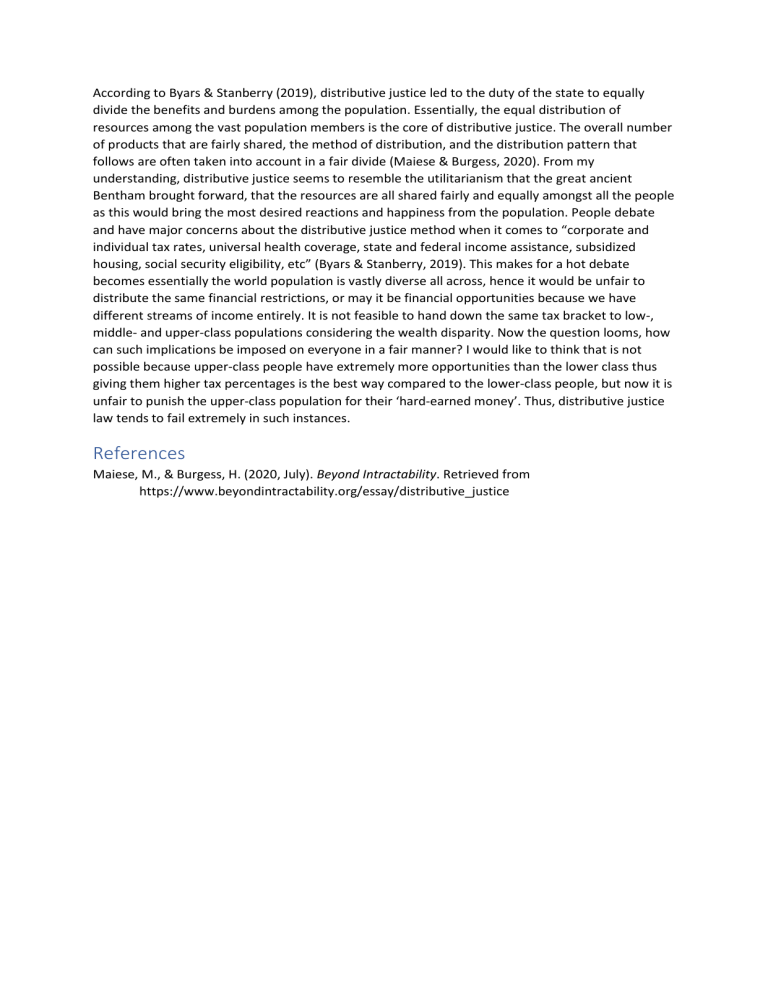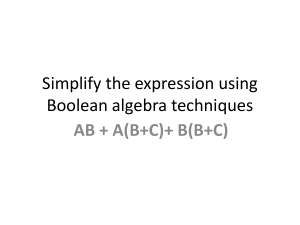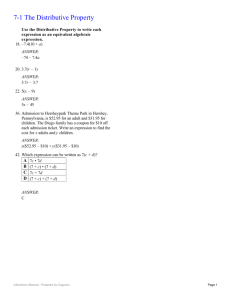
According to Byars & Stanberry (2019), distributive justice led to the duty of the state to equally divide the benefits and burdens among the population. Essentially, the equal distribution of resources among the vast population members is the core of distributive justice. The overall number of products that are fairly shared, the method of distribution, and the distribution pattern that follows are often taken into account in a fair divide (Maiese & Burgess, 2020). From my understanding, distributive justice seems to resemble the utilitarianism that the great ancient Bentham brought forward, that the resources are all shared fairly and equally amongst all the people as this would bring the most desired reactions and happiness from the population. People debate and have major concerns about the distributive justice method when it comes to “corporate and individual tax rates, universal health coverage, state and federal income assistance, subsidized housing, social security eligibility, etc” (Byars & Stanberry, 2019). This makes for a hot debate becomes essentially the world population is vastly diverse all across, hence it would be unfair to distribute the same financial restrictions, or may it be financial opportunities because we have different streams of income entirely. It is not feasible to hand down the same tax bracket to low-, middle- and upper-class populations considering the wealth disparity. Now the question looms, how can such implications be imposed on everyone in a fair manner? I would like to think that is not possible because upper-class people have extremely more opportunities than the lower class thus giving them higher tax percentages is the best way compared to the lower-class people, but now it is unfair to punish the upper-class population for their ‘hard-earned money’. Thus, distributive justice law tends to fail extremely in such instances. References Maiese, M., & Burgess, H. (2020, July). Beyond Intractability. Retrieved from https://www.beyondintractability.org/essay/distributive_justice




